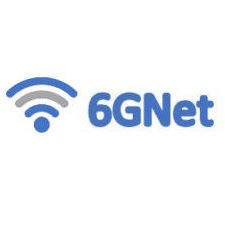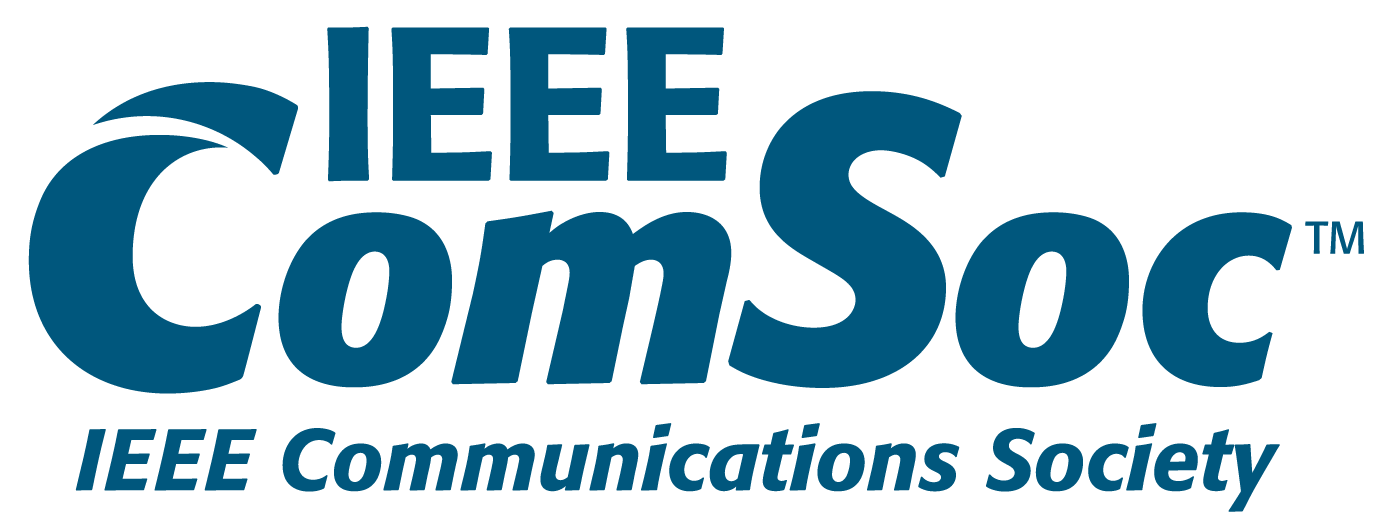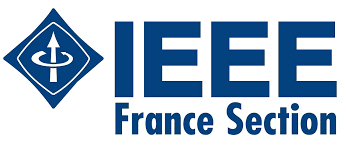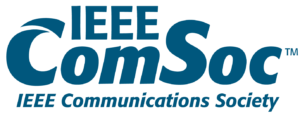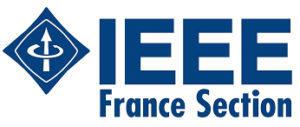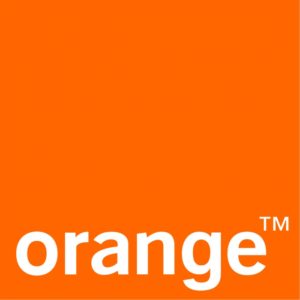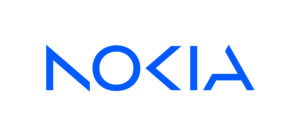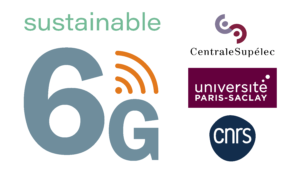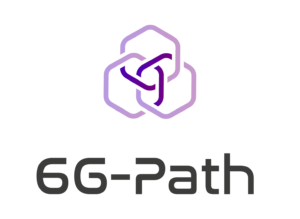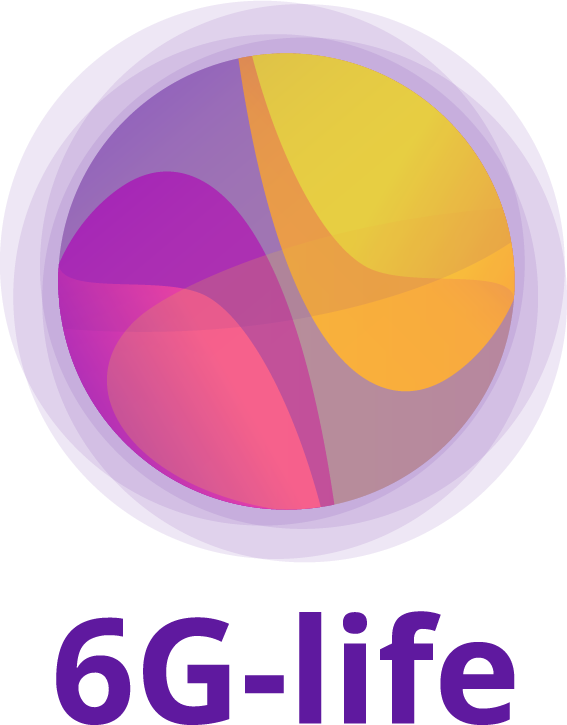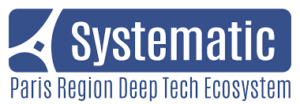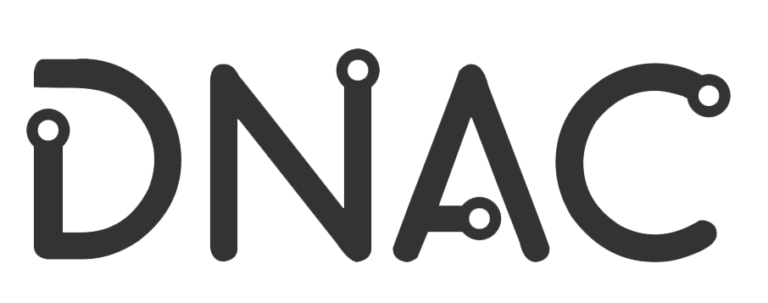1st International Workshop on Energy Neutral and Sustainable IoT Devices and Infrastructure
(EN-IoT 2024)
Rationale and Scope
A significant share of the IoT landscape is increasingly dominated by ultra-constrained devices. Due to their massive number and targeted applications, such devices should be maintenance-free, self-sustained/sustainable, cheap, autonomous, and imperceptible.
We refer to such devices as energy-neutral devices (ENDs) and note that they remain partially/fully unsupported by modern connectivity solutions. There are many well-known END technical enablers, including robust energy harvesting and management techniques, efficient energy storage (if any), sustainable materials, advanced backscattering systems, non-RF communication technologies, duty cycling and wake-up protocols, TinyML, and lightweight (and energy-aware) sensing, actuation, computing, and communication protocols.
Many of these require support at the network infrastructure level, while all of them have relevant challenges and open research issues. This workshop focuses on this and on innovative approaches to developing ENDs that operate sustainably within their environmental contexts. Specifically, we aim to discuss typical energy harvesting sources, operational environments, memory and computational resources, and materials selection for ENDs; delve into key END-enabling technologies; and provide insights into specific challenges for the future.
Topics of Interest
Topics of interest include but are not limited to:
- Design and optimization of ENDs
- Sustainable materials and manufacturing processes for IoT
- Energy harvesting technologies and their integration into IoT systems
- Ultra-low power communication technologies and network protocols
- Environmental impact assessments of IoT systems
- Lifecycle management of IoT devices
- Policy and regulatory considerations for sustainable IoT
- Case studies and applications of sustainable IoT, e.g., in smart cities, transportation, agriculture, and healthcare.
- Technical enablers for ENDs, e.g., energy management for IoT devices, backscattering, duty cycling and wake-up protocols, non-RF communication technologies, wireless power transfer for IoT, TinyML, federated learning in IoT, and application scenarios
- Low-power machine-type communications in 6G
- Ambient IoT standardization advances and perspectives
Program
Room November
EN-IoT Welcome
13:35 – 14:20
EN-IoT Keynote: Energy-aware computing and communications for energy neutral IoT devices
Speaker: Jeroen Famaey (University of Antwerp & Imec, Belgium)
Session Chair: Ritesh Kumar Singh (Imec University of Antwerp, Belgium)
14:20 – 15:00
W-TS #1
Session Chair: Ritesh Kumar Singh (Imec University of Antwerp, Belgium)
Energy Consumption of Multi-Radio Access Technology Internet of Thing Gateway for UAV-based Communication Infrastructure
Abdul Haseeb, Konstantin Mikhaylov and Tuomo Hänninen (University of Oulu, Finland)
Harnessing Energy from Transient Temperature Differences Using Phase Change Materials
Seppe Van de Poel (University of Antwerp, Belgium); Priyesh Pappinisseri Puluckul (University of Antwerp, Belgium & IDLab, Belgium); Rafael Berkvens (University of Antwerp – imec, Belgium); Ritesh Kumar Singh (Imec University of Antwerp, Belgium)
15:00 – 15:30
Le Foyer
Coffee break
Room November
15:30 – 16:50
W-TS #2
Session Chair: Onel Alcaraz López (University of Oulu, Finland)
Measurement of Coded Backscatter Communication Utilizing Commercial LTE Ambient Signal
Jingyi Liao, Kalle Ruttik, Riku Jäntti and Muhammad Usman Sheikh (Aalto University, Finland); Dinh-Thuy Phan-Huy (Orange, France)
Evaluating Fast and Grant-Free Uplink Access in Next-Generation Cellular IoT Networks
Lars Moons, Samer Nasser and Adnan Sabovic (University of Antwerp, Belgium); Jeroen Famaey (University of Antwerp & Imec, Belgium); Ritesh Kumar Singh (Imec University of Antwerp, Belgium)
Optical- and Induction-based Data and Energy Networking in Light-Based Internet of Things
Malalgodage Amila Nilantha Perera and Marcos Katz (University of Oulu, Finland)
Single versus Multi-Tone Wireless Power Transfer with Physically Large Arrays
Jarne Van Mulders (KU Leuven, Belgium); Benjamin J. B. Deutschmann (Graz University of Technology, Austria); Geoffrey Ottoy (KU Leuven & Technology Campus Ghent, Belgium); Lieven De Strycker and Liesbet Van der Perre (KU Leuven, Belgium); Thomas Wilding (Graz University of Technology, Austria); Gilles Callebaut (KU Leuven, Belgium)
16:50 – 17:00
EN-IoT Closing Session
Session Chair: Onel Alcaraz López (University of Oulu, Finland) and Ritesh Kumar Singh (Imec University of Antwerp, Belgium) and Ritesh Kumar Singh (Imec University of Antwerp, Belgium)
Keynote
Title: Energy-aware computing and communications for energy neutral IoT devices
Abstract: Internet of Things (IoT) technology is widely recognised as having the potential to tackle some of the world’s biggest challenges. However, to truly benefit society and enable a sustainable future, IoT innovations will need to address the technology gap that exists in powering the rising number of IoT devices. The maintenance costs, environmental impact, and safety hazards of powering all these devices with batteries will become exorbitant. Instead, this talk introduces a new class of energy-neutral devices that will be connected to the IoT through novel ultra-low-power 6G technologies. Such devices exploit ambient energy harvesting or wireless power transfer to power their operations, allowing them to achieve decades-long energy autonomy. This talk explores how energy-aware computing and communications approaches can ensure successful execution of various IoT tasks, under severe energy and resource constraints. Moreover, an overview will be provided of the research on energy neutral 6G devices being performed in the Horizon Europe SNS 6G flagship project Hexa-X-II.

Jeroen Famaey
(University of Antwerp and imec, Belgium)
Bio: Jeroen Famaey is an associate research professor at the Department of Computer Science of the University of Antwerp and at imec, both in Belgium. His research focuses on performance modelling and optimization of wireless communications and network protocols. He has a specific interest in mmWave and sub-THz communications and sensing, wireless Extended Reality, and optimization of low-power IoT systems. He has published over 180 peer-reviewed journal articles and conference papers, and 8 granted patents. He was listed as one of the top 2% most cited scientists worldwide in a study by Stanford University and Elsevier, both in 2022 and 2023. Prof. Famaey has a leading role in various national and European 6G projects and initiatives, with a specific focus on low-power and energy neutral 6G devices. He leads the technology roadmapping in the Belgian 6G flagship project BEL6GICA, leads the work package on future devices and infrastructure of the Horizon Europe SNS Hexa-X-II 6G flagship project, and will act as project lead of the upcoming SNS AMBIENT-6G project.
Submission guidelines
Authors are invited to submit original contributions that have not been published or submitted for publication elsewhere. Papers should be prepared using the IEEE 2-column conference style and are limited to 6 pages including references.
They must be submitted electronically in PDF format through EDAS at: https://edas.info/N32567
Papers exceeding page limits, multiple submissions, and self-plagiarized papers will be rejected without further review. All other papers will sustain a thorough single-blind review process.
To be published in the 6GNet 2024 Conference Proceedings and to be eligible for publication in IEEE Xplore, an author of an accepted paper is required to register for the Workshop at the Full Author rate and the paper must be presented in person by one registered co-author.
Important Dates
- Paper Submission Deadline: August 20, 2024 [extended]
- Paper Acceptance Notification: September 9, 2024
- Camera-Ready Papers Due: September 16, 2024
- Workshop Date: October 21, 2024
Camera Ready
If you have received a notification of acceptance email from the workshop co-chairs, please use these instructions to prepare your final camera-ready manuscript.
Please note that:
- IEEE reserves the right to exclude a paper from distribution after the conference (e.g., removal from IEEE Xplore) if the paper is not presented at the conference.
- Papers are reviewed on the basis that they do not contain plagiarized material and have not been submitted to any other conference at the same time (double submission). These matters are taken very seriously and the IEEE Communications Society will take action against any author who has been engaged in either practice. Please see the IEEE Web Page on Plagiarism and the IEEE Web Page on Double Submission.
Papers can be of one type: Full paper up to six (6) pages (in Two-Column IEEE Conference Format), including text, figures, and references.
Deadline for the camera ready paper is September 16, 2024. Please refer to EDAS for the exact deadline in your time zone to make sure that you abide by the stipulated deadline.
In order to submit the camera-ready manuscript, please follow the steps below:
1. All submissions must be written in English, with minimum of 10-point font and must follow the IEEE two-column page format, which is available at: https://www.ieee.org/conferences_events/conferences/publishing/templates.html
If you are using LaTeX, you need to use the following code as the first line in your LaTeX source file: \documentclass[10pt, conference]{IEEEtran}
2. Address all reviewers’ comments and revise your paper accordingly before submitting your camera-ready version. Also, make sure that all your figures are of high quality (preferably in .eps format) and their content is easily readable.
3. Make sure also that your paper contains no headers, and no page numbers. This information will be added by the editors. Furthermore, thoroughly, proofread your source document to confirm that it will require no further revision.
4. Make sure that the title/author list in EDAS is EXACTLY as in your final camera-ready paper. No change in authors is allowed once the paper is accepted.
5. Do not include any copyright notice in your document, this will be added automatically.
6. Complete the Electronic copyright form for your paper on EDAS.
7. Use IEEE PDF eXpress to check Xplore-compatibility, and generate your PDF compliant version, as detailed below. This is a mandatory step. Non-compliance might result in NOT having your paper published in the IEEE Xplore.
8. Upload to EDAS the PDF eXpress-passed camera-ready version of your paper. Do not upload any other version of the paper except that validated using PDF eXpress.
IEEE PDF eXpress
The final paper must be converted into PDF with settings compliant with the requirements of the IEEE Xplore digital library. To this purpose, the IEEE PDF eXpress web tool should be used. PDF files generated in a different way might not be IEEE Xplore-compliant and could be problematic. All PDFs to be included in IEEE Xplore should be validated through PDF eXpress for an assured Xplore compatibility.
The instructions to generate an IEEE-Xplore-compatible PDF file using the IEEE PDF eXpress PLUS web tool are listed below.
• Create an IEEE PDF eXpress plus account using the following conference ID.
• The first time you access IEEE PDF eXpress plus, please follow the link to “New Users – Clickhere”. The conference ID is 63182X
• Previous usersof PDF eXpress need to follow the above steps, but should enter the same password that was used in previous conferences. Verify that your contact information is valid.
• After logging in, create a new title and enter the exact title of your paper. Then, upload the source files of your camera-ready paper for conversion (e.g. DOC, DOCX, TEX and so on). Alternatively, if your PDF is ready, you can also just check the compliance of your generated PDF file.
• After a few minutes, you will receive the IEEE-Xplore-compatible PDF version of your paper by e-mail. This is the PDF version that you will use to upload your camera ready to EDAS.
• In case you encounter any problems, you can access the Publications Support Center for IEEE PDF eXpress.Edit
Organizers
- Onel L. Alcaraz López (University of Oulu, Finland) onel.alcarazlopez@oulu.fi
- Konstantin Mikhaylov (University of Oulu, Finland) konstantin.mikhaylov@oulu.fi
- Ritesh Kumar Singh (University of Antwerp & IMEC, Belgium) ritesh.singh@imec.be
- Chiara Buratti (University of Bologna, Italy) c.buratti@unibo.it
This event is co-organized in collaboration with Hexa-X-II, SUPERIOT, INTERACT, and 6G Flagship.
